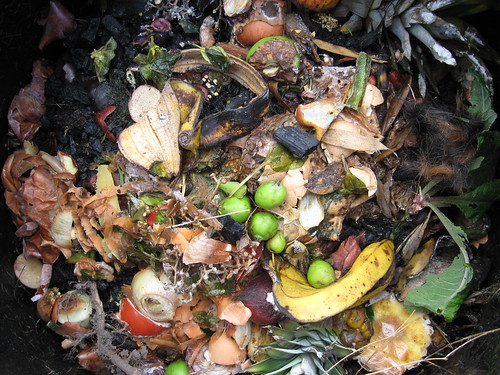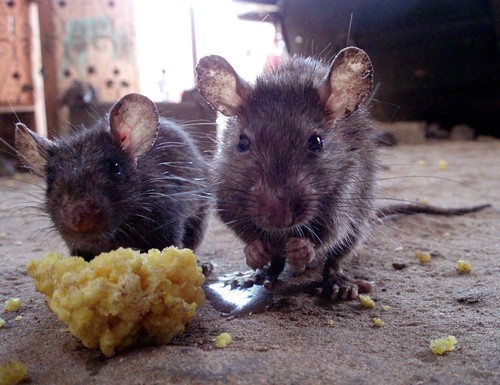In response to that post, I got a delightful comment from Pat Foreman going deeper into the issue of chickens and sustainability and how, by raising urban chickens, we're actually doing quite a bit to help sustain this big green planet of ours.
It turns out Pat has written a book based on another book written over 50 years ago, The Have-More Plan: A Little Land – A Lot of Living which inspired millions of people, recovering from World War II, to be more self-sufficient. (NOTE: I haven't read the book yet, but it's on order)
Pat and I exchanged a couple messages and she agreed I could re-post her comment here so we could all benefit. Here it is:
City Chicks: Keeping Micro-flocks of Chickens as Garden Helpers, Compost Makers, Bio-recyclers and Local Food SuppliesSo Pat's comment, coupled with my attending a delightful workshop on raising urban chickens led by Alexis Keofoed of Soul Food Farm and hosted at 18 Reasons in San Francisco has made this a wonderful week for the Urban Chickens Network.was written in the same spirt as Robinson’s “The Have-More” Plan from over a half-century ago. The City Chicks book has the ambitious intent of exploring three subjects.
1. Enhancing Backyard Agriculture. Urban gardening and farm-yards are on the verge of a giant leap forward, ushering in a new — and necessary — era of local and home food production. People have a right to grow their own food and chickens have valuable skill-sets that can be employed in food production systems. Some of these “skill-sets” include producers of manure for fertilizer and compost, along with being mobile herbiciders and pesticiderers. And of course, they also provide eggs and meat. City Chicks shows how you can have a good meal of eggs and garden goods that only travel the short distance from your backyard.
2. Diverting Food and Yard “Waste” Out of Landfills. Chickens can help convert biomass “wastes” into organic assets such as fertilizer, compost, garden soil and eggs. This can save BIG TIME tax payer dollars from being spent solid waste management streams.
3. Decrease Oil Consumption and Lower Carbon Footprints. Commercial food systems cannot work without oil. Over 17% of America’s oil is used in agricultural production and, about 25% of this oil is used for fertilizer. The total energy input of food production, processing, packaging, transporting and storing is greater than the calories consumed. It is estimated that every person in this country requires about one gallon of oil per day just to bring food to the table. How sustainable is that? Chickens can help America kick the oil habit by decreasing the amount of oil products used in feeding ourselves ... and, at the same time, keep landfills from filling up with methane-producing organic matter.
City Chicks ushers in a new paradigm of how to use chickens in a variety of roles that help decrease carbon footprints, save tax payer dollars and support local food supply production. And all this is done in a way that is biologically sustainable, economically equitable, and serves us, our communities, our Earth and the future generations of all beings.
How do you become a Chicken Have-More Club member? You already are! Anyone who is participating in the local foods movements, who believes they have a right to produce their own food, and/or who is interested in conservation ways to help restore and preserve our environment is automatically a club member.
Here's hoping you have a wonderful weekend with your chooks if you've got them, or with your planning and prepping if you don't.
And as Pat likes to say, "may the flock be with you!"






